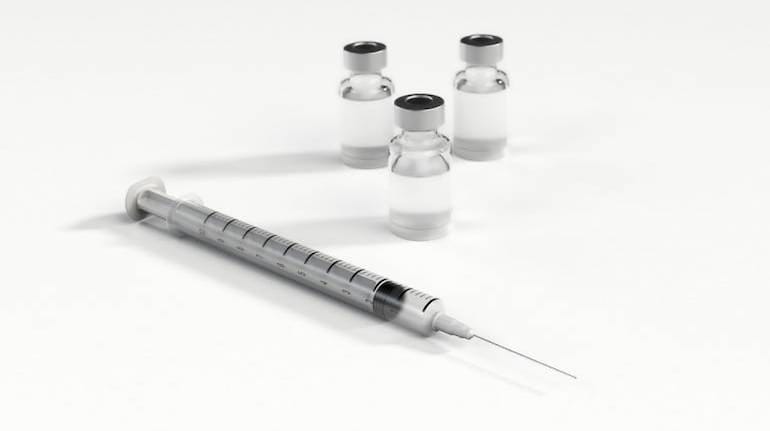



The Serum Institute of India (SII) has received regulatory approval to sell an indigenously developed vaccine that can prevent cervical cancer, a leading cause of female cancer mortality worldwide.
The Drugs Controller General of India (DGCI) granted market authorisation for the Quadrivalent Human Papillomavirus vaccine (qHPV). The SII vaccine is expected to give coverage of about 90 percent against the papilloma virus, which is prevalent in the developing world.
“The HPV vaccine, Cervavac, manufactured by Serum Institute, is made on the recombinant technology platform,” according to an SII official. It is said to be effective against four strains of the virus - Type 6, Type 11, Type 16 and Type 18.
The vaccine can be administered to those in the 9 to 26 age group.

Human papillomavirus (HPV) is the most common viral infection of the reproductive tract. Most sexually active women and men get infected at some point and some may even get repeatedly infected. More than 90 percent of the infected population eventually clears the infection.
Cervical cancer is by far the most common HPV-related disease. Almost all cases of cervical cancer can be attributed to HPV infection.
Prevalence in IndiaCervical cancer is a leading cancer among women, with about 132,000 cases annually and 74,000 deaths in India, according to the Indian Council of Medical Research (ICMR). India contributes 17 percent of the world’s population but shares more than a quarter of the global cervical cancer burden.
According to the Centers for Disease Control and Prevention (CDC), the HPV vaccination is routinely recommended at age 11 or 12. The vaccination can be started at 9 years. The vaccination is recommended for all persons through age 26 who were not adequately vaccinated earlier.
How many doses of HPV vaccine are needed?The HPV vaccine is given as a series of shots. Children who get the vaccine series before 15 years of age need only two doses to be fully protected. Those taking the shots after 15 years need to take three doses to be fully protected.
How effective are HPV vaccines?According to the CDC, protection against infection with the targeted HPV types has been found to last for 10 to 11 years. Long-term studies of the vaccine’s efficacy are still in progress and will help scientists better understand how long the protection can last.
Trials in IndiaTrials of the vaccine started across 12 sites in India in 2018. More than 2,100 subjects were part of the trials.
SII’s director of government and regulatory affairs Prakash Kumar Singh had written to the DCGI for market authorisation of the vaccine in June after completion of the phase two and three clinical trials.
Availability in IndiaAdar Poonawalla, CEO of SII, said in a tweet that the vaccine would be launched later this year.
Company officials indicated that the vaccine will be made available only to the government. The rollout for the private market will take time.
According to an official source, the government of India will procure these vaccines by floating a global tender. Merk and GlaxoSmithKline are the likely other contenders for the supply of this vaccine in India.
So far, India was getting the vaccine from Merck, the largest producer of HPV vaccines, through GAVI, The Vaccine Alliance.
Discover the latest Business News, Sensex, and Nifty updates. Obtain Personal Finance insights, tax queries, and expert opinions on Moneycontrol or download the Moneycontrol App to stay updated!
Find the best of Al News in one place, specially curated for you every weekend.
Stay on top of the latest tech trends and biggest startup news.